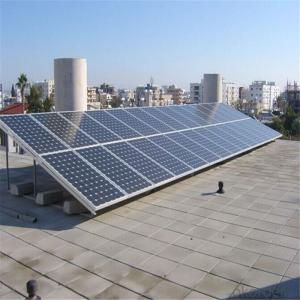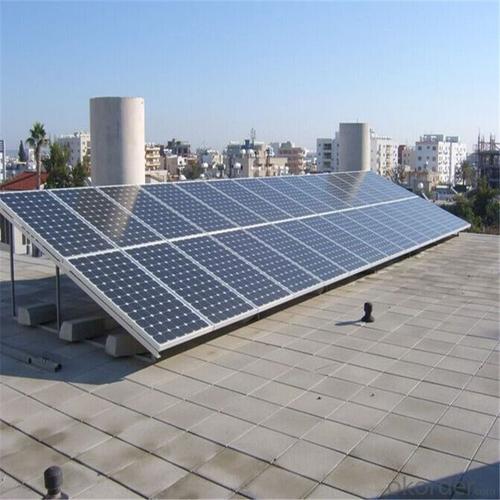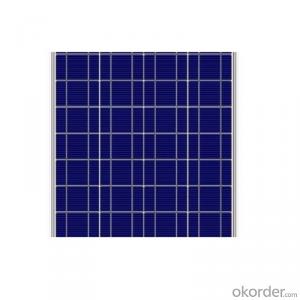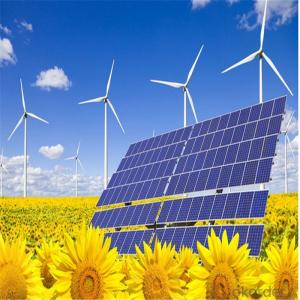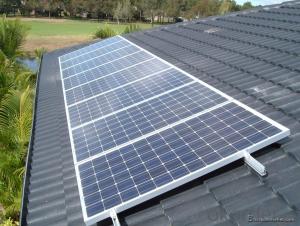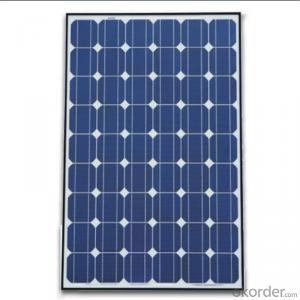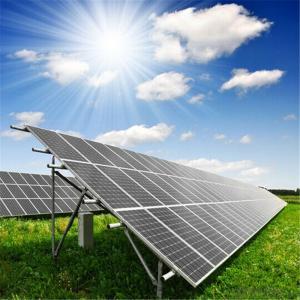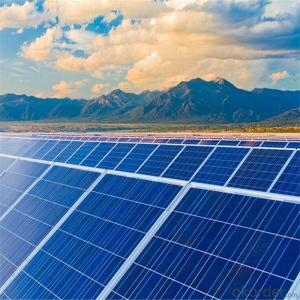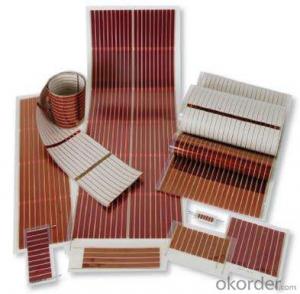255 Watt Thin-Film Solar Cells Poly Photovoltaic Solar Panels
- Loading Port:
- China main port
- Payment Terms:
- TT OR LC
- Min Order Qty:
- 1000 watt
- Supply Capability:
- 500000 watt/month
OKorder Service Pledge
OKorder Financial Service
You Might Also Like
Specification
Instruction
Quality and Safety
1. Rigorous quality control meets the highest international standards.
2. High-transmissivity low-iron tempered glass, strong aluminium frame.
3. Using UV-resistant silicon.
4. IS09001/14001/CE/TUV/UL
5.3w-300w mono & poly solar panel supply
Warranties
1. 10 years limited product warranty
2. 15 years at 90% of the minimal rated power output
3. 25 years at 80% of the minimal rated power output
Feature
1. High efficiency and High power.
2. Long-term electrical stability.
3. Lowest price and Fastest delivery.
4. Good quality and good service.
5.Bulk supply
6. Good Warranty
7.Big Sale
8.High quality
9.More than 35 years on the lifetime.
10 DHL/Fedex/UPS/TNT/EMS etc
Images
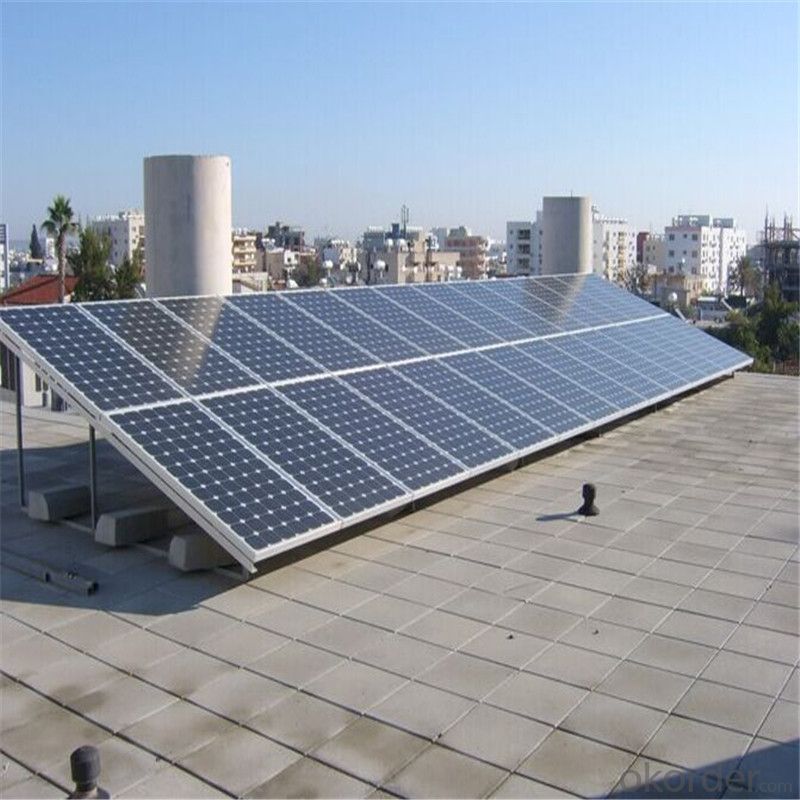
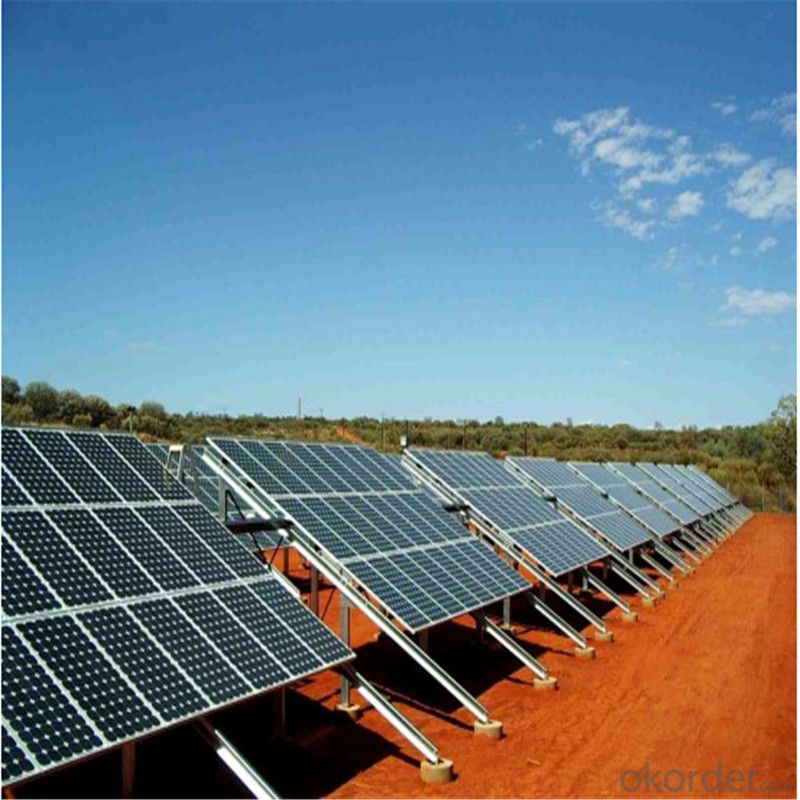
Specification
Model | SIM-100 |
Maximum Power at ST(Pmax)W | 100Wp |
Maximum Power Voltage(Vmp)V | 18.0V |
Maximum Power Current(Imp)A | 5.56A |
Open Circuit Voltage(Voc)V | 22.0V |
Short Circuit Current(Isc)A | 5.9A |
Cell Efficiency(%) | 17.0% |
Module Efficiency(%) | 15.37% |
Operating Temperature°C | -40°C to 85°C |
Maximum system voltage | 1000V(IEC)DC |
Power tolerance | -0.03 |
Temperature coefficients of Pmax | -0.45%/°C |
Temperature coefficients of Voc | -0.27%/°C |
Temperature coefficients of Isc | 0.05%/°C |
Weight(kg) | 7.4 |
Number of cell(pcs) | 4*9 |
FAQ
We have organized several common questions for our clients,may help you sincerely:
1). What’s price per watt?
A: It’s depends on the quantity, delivery date and payment terms of the order. We can talk further about the detail price issue. Our products is high quality with lower price level.
2). Can you tell me the parameter of your solar panels?
We have different series of cells with different power output, both from c-si to a-si. Please take our specification sheet for your reference.
3). How do you pack your products?
We have rich experience on how to pack the panels to make sure the safety on shipment when it arrives at the destination.
4). How long can we receive the product after purchase?
In the purchase of product within three working days, We will arrange the factory delivery as soon as possible. The perfect time of receiving is related to the state and position of customers. Commonly 7 to 10 working days can be served.
- Q: Can solar cells be used for powering outdoor surveillance systems?
- Yes, solar cells can be used for powering outdoor surveillance systems. Solar cells convert sunlight into electricity, making them an ideal and sustainable power source for outdoor surveillance systems that require continuous operation. By harnessing solar energy, these systems can operate independently without the need for a grid connection or frequent battery replacements. Additionally, solar-powered surveillance systems are environmentally friendly and cost-effective in the long run.
- Q: Can solar cells be used in data centers or server farms?
- Yes, solar cells can be used in data centers or server farms. They can be employed to generate clean and renewable energy to power these facilities, reducing their reliance on traditional electricity sources and decreasing their carbon footprint.
- Q: What is the role of solar cell inverters in grid-tied systems?
- The role of solar cell inverters in grid-tied systems is to convert the direct current (DC) electricity generated by the solar panels into alternating current (AC) electricity that can be used by the electrical grid. Additionally, they ensure that the solar system operates safely and efficiently by monitoring the grid voltage and frequency, synchronizing with the grid, and providing protection against power fluctuations or interruptions.
- Q: Can solar cells be used for powering navigation buoys?
- Yes, solar cells can be used for powering navigation buoys. Solar cells are a reliable and sustainable source of energy that can generate electricity from sunlight, making them ideal for remote locations such as navigation buoys. They can effectively power the lighting and other electrical systems on the buoys, eliminating the need for traditional power sources and reducing maintenance costs.
- Q: What is the impact of solar cells on reducing electricity bills?
- Solar cells have a significant impact on reducing electricity bills by harnessing the sun's energy to generate electricity, decreasing reliance on traditional power sources. This renewable energy source can offset or even eliminate monthly electricity costs, resulting in long-term savings for homeowners and businesses.
- Q: What is the impact of solar cell installations on property values?
- The impact of solar cell installations on property values is generally positive. Studies have shown that homes with solar panels tend to sell for higher prices and have faster selling times compared to similar homes without solar installations. Solar energy is becoming increasingly popular and homeowners recognize the financial benefits of reduced energy costs and potential tax incentives. Additionally, solar installations contribute to a more sustainable future, which is an attractive quality for many buyers.
- Q: Can solar cells be used to power electronic devices?
- Yes, solar cells can be used to power electronic devices. Solar cells convert sunlight into electricity, which can be used to power a wide range of electronic devices such as calculators, smartphones, and even household appliances.
- Q: Solar water heater plate can be directly converted into electrical energy?
- batteries: generally lead-acid batteries, small micro-system, can also be used nickel-metal hydride batteries, nickel-cadmium batteries or lithium batteries. The role is to light when the solar panels issued by the energy stored to the need Time to release again.
- Q: Can solar cells be installed on vehicles?
- Yes, solar cells can be installed on vehicles. In fact, solar panels are increasingly being used to power various components of vehicles, such as electric cars, hybrid cars, and even boats. These solar cells harness sunlight and convert it into electricity to charge the vehicle's batteries, reducing the reliance on traditional fuel sources and making them more environmentally friendly.
- Q: How is the solar cells factories working in China? Do they follow certain quality standards?
- The solar cells factories are pretty good, at least based on my personal experience. I went to visit one of the solar cell factory based in Shandong province, and they are quite professional.
Send your message to us
255 Watt Thin-Film Solar Cells Poly Photovoltaic Solar Panels
- Loading Port:
- China main port
- Payment Terms:
- TT OR LC
- Min Order Qty:
- 1000 watt
- Supply Capability:
- 500000 watt/month
OKorder Service Pledge
OKorder Financial Service
Similar products
Hot products
Hot Searches
Related keywords
